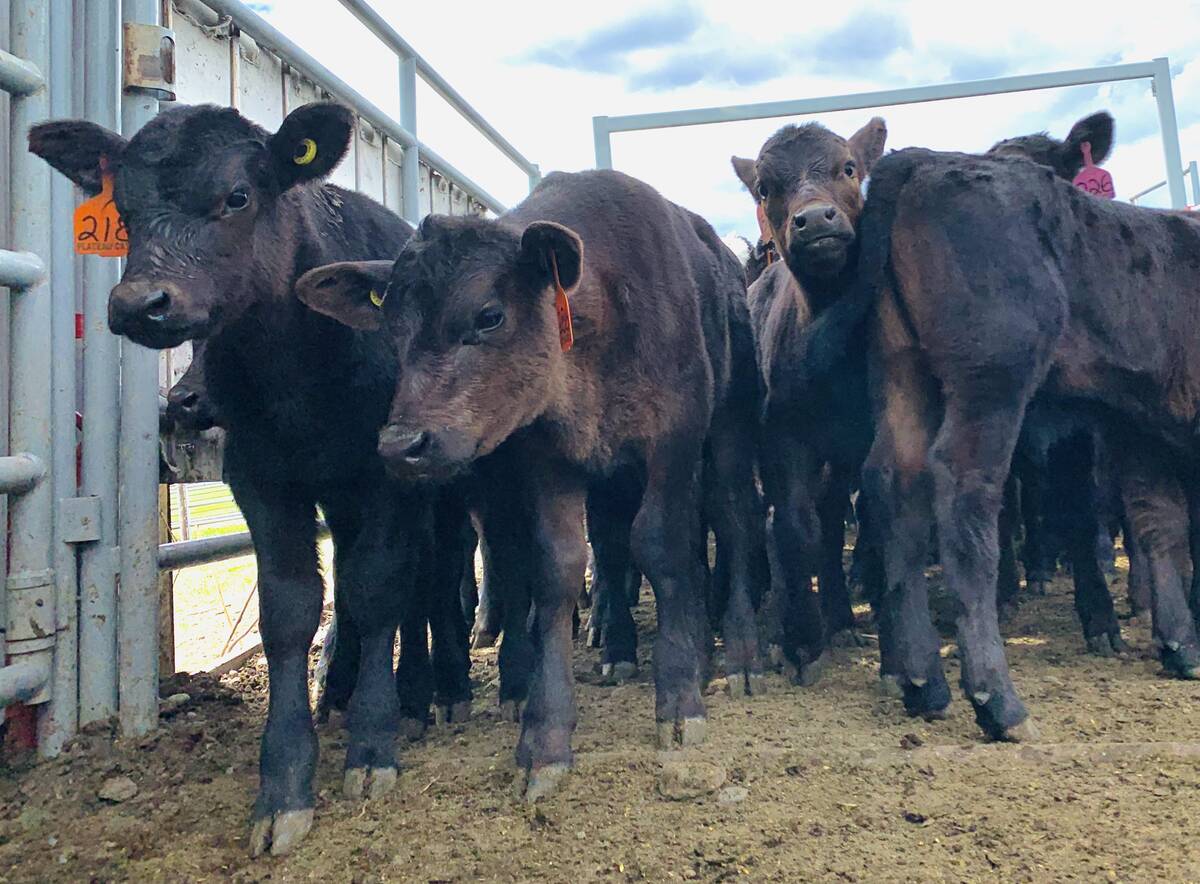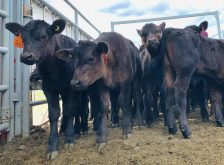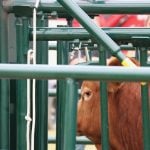The world body in charge of fighting animal diseases is calling for action against widespread abuse of antibiotics in livestock farming, which leads to drug-resistant bacteria. But it warned a ban would leave the world short of protein.
“The use of antibiotics is today essential to ensure sufficient animal production to feed the planet. Without antibiotics there would be supply problems of animal protein for the human population,” said Bernard Vallat, director of the World Organization for Animal Health.
Scientists say overuse of antibiotics can allow resistant strains of bacteria to become dominant, undermining the efficacy of the drugs, and both the U.S. and Germany are taking or considering new measures to control it.
Read Also

How ‘care and compassion’ protocols drive performance at this Alberta ranch
Plateau Cattle Company says lowering stress in calves using science-based practices leads to higher weaning weights and better animal health.
Vallat called for better training of veterinarians worldwide and for a fight against the illegal trade in antibiotics, which is widespread in poor countries and on the Internet, to avoid misuse.
“If you take the 100 poorest countries that take no precaution on this matter, we can see antibiotics passed around just like candies, without prescription,” he said, noting that this was true for both human and animal antibiotics.
Livestock industry groups argue that using antibiotics in animals keeps them healthy and does not have a direct link to development of resistant strains of bacteria affecting humans.
Lack of investment
U.S. health regulators last week placed restrictions on animal use of a class of antibiotics often used to treat diseases like pneumonia in humans, while Germany is considering similar measures.
A recent survey by German environmental group Bund found that 10 of 20 samples of chicken meat sold in German supermarkets showed antibiotic-resistant bacteria, which can affect humans, especially if the meat is not properly cooked. Similarly, a study showed in April that meat found on U.S. grocery store shelves often contained high levels of bacteria, with more than half of the bacteria resistant to multiple types of antibiotics.
The European Union banned the feeding of all antibiotics to livestock for growth promotion purposes as of 2006, a rare move that Vallat advocated at the global level, including in the United States.














